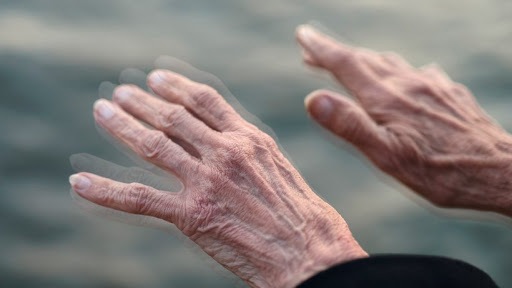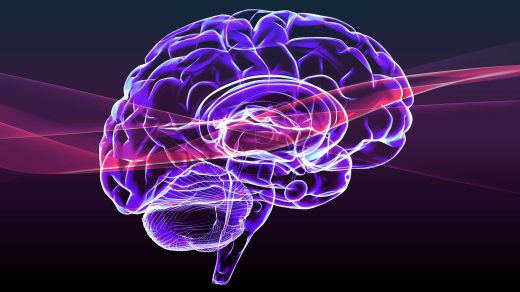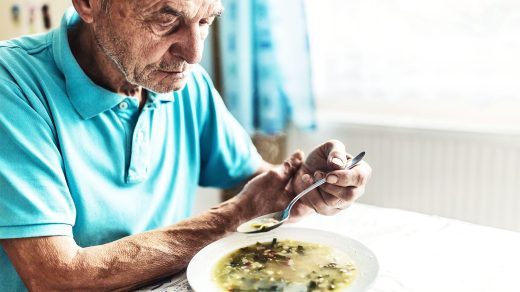
A Nigerian researcher, Cynthia Eluagu has spoken about her contribution to a groundbreaking brain-stimulation project aimed at transforming the treatment of Parkinson’s disease through cutting-edge technology known as Electrochemical Impedance Spectroscopy (EIS), offering new hope to patients worldwide.
Speaking during an interview about her ongoing work at the University of Florida, Eluagu said the EIS technique is helping researchers understand how brain implants interact with neural tissue, providing critical data that could lead to safer, more precise, and adaptive neuromodulation therapies.
“EIS has opened a window into the invisible. It allows us to see how the electrode behaves inside the body how it interacts with tissue, how it changes over time, and how those changes affect stimulation,” she explained.
Eluagu is part of a research team led by distinguished professors in the U.S., working under a $4.5 million grant from the National Institutes of Health (NIH) on a project titled Engineering the Hi-Fi Brain. The aim is to design high-fidelity electrodes capable of not just delivering stimulation to the brain but also listening and responding to its feedback in real time.
The effort comes amid growing concern over the global rise in Parkinson’s cases. According to recent projections from the Parkinson’s Foundation and Precision Medicine, the number of people living with the disease could increase from 10 million today to more than 25 million by 2050. Eluagu said this rising burden underscores the urgent need for more intelligent neuromodulation technologies.
She explained that conventional deep brain stimulation (DBS) devices are limited by static programming and a lack of responsiveness to the brain’s changing conditions. “The future of brain stimulation lies in adaptability. EIS gives us the language to talk to the brain not just to speak, but to listen,” she noted.
Eluagu, who earned First-Class honours in Materials and Metallurgical Engineering from the Federal University of Technology, Owerri, in 2018, and is currently pursuing doctoral studies in Chemical Engineering in the U.S., said the work holds deep personal significance.
“Coming from a country where neurological care is often out of reach for many, it’s incredibly meaningful to contribute to solutions that could one day be affordable, reliable, and accessible—across continents,” she said.
Her role in the project focuses on using electrochemical modelling to characterize the electrode-tissue interface and ensure optimal signal delivery with minimal side effects. “By analyzing how electrical signals interact with brain tissues over time, we can design electrodes that adapt to the brain’s environment, enhancing therapeutic outcomes for patients,” she explained.
As part of her contribution, Eluagu presented a paper titled “Electrochemical Impedance Characterization of Microelectrodes in Phosphate-Buffered Saline: Optimisation of Neurostimulation Devices” at the 2023 AIChE Annual Meeting in Orlando, Florida. She also showcased a poster titled “Influence of Mass Transfer for the Transient Response of Ultra-Microelectrodes to Potential and Current Transients.”
Her efforts have not gone unnoticed.
She was one of 25 recipients of the Women in Chemical Engineering (WIC) Travel Award, joining peers from prestigious institutions like Harvard, Cornell, and Princeton.
According to her, one of the project’s key objectives is to create brain implants that can monitor the brain’s response to stimulation in real time. Using EIS, researchers are able to detect signs of inflammation, scarring, or electrode degradation without removing the implant or harming surrounding tissue.
“The goal is smarter stimulation,” she said. “We want implants that don’t just send signals but also learn from how the brain reacts, so we can tailor therapies to each individual.”
Despite the project being based in the U.S., Eluagu emphasized its global implications. She said the team is working to reduce calibration times, minimize surgical interventions, and make advanced neuromodulation systems more accessible in resource-limited regions.
This was shown first on: https://guardian.ng/features/health/nigerian-researcher-spearheads-project-for-parkinsons-disease-treatment/


